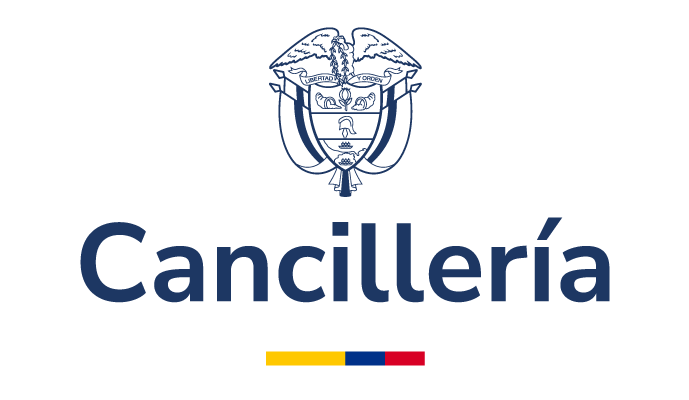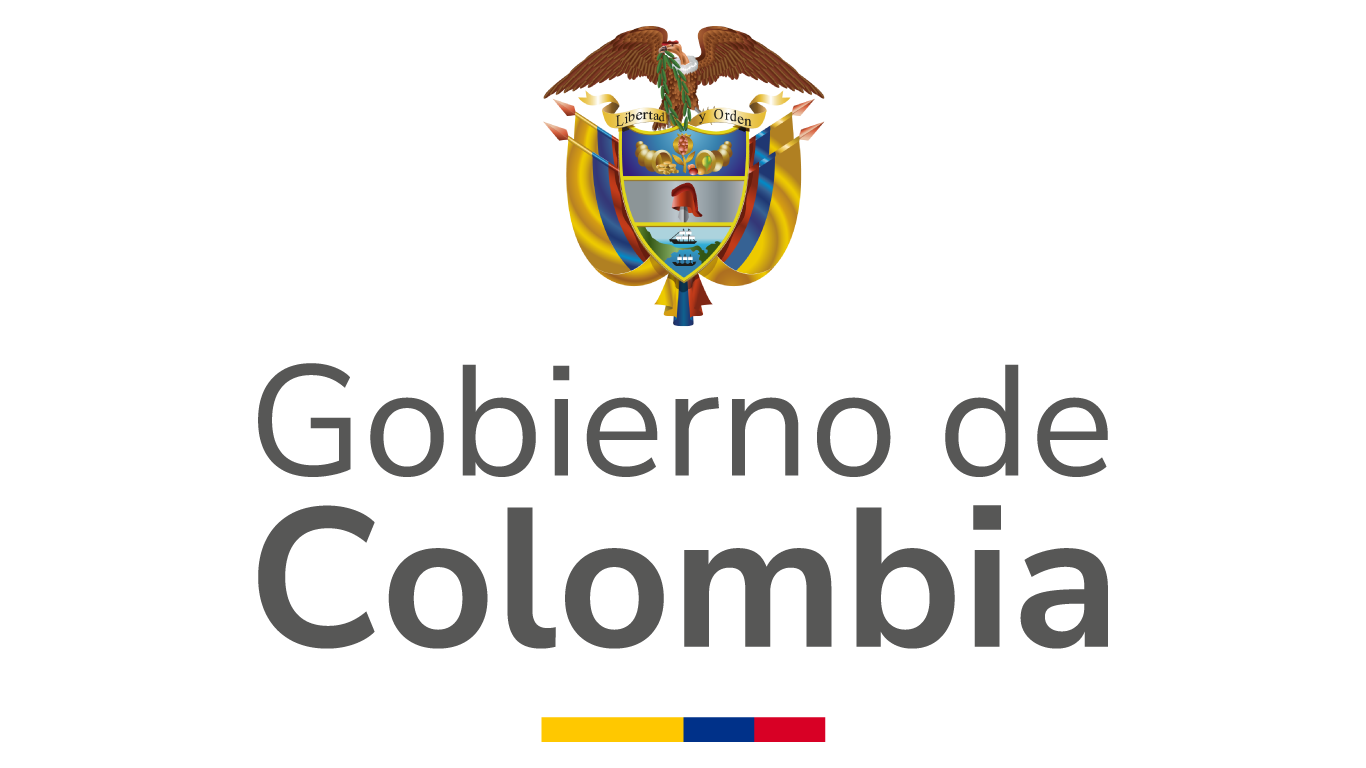Unasur has become the preferred scenario for political dialogue and consensus in South America. In the process of strengthening the bilateral relations of Colombia with the region, the strategy to increase the nation’s proactive participation in this forum has fostered the creation of a new way in which our country relates to the others.
Profile of the Organization
UNASUR is a consensus mechanism comprised of Argentina, Bolivia, Brazil, Chile, Colombia, Ecuador, Guyana, Paraguay, Peru, Surinam, Uruguay and Venezuela. It was established in Brasilia, on May 23, 2008, upon the signature of the Union of South American Nations Constitutive Treaty. It entered into force on March 11, 2011, with the ratification and the deposit of the instrument by nine of the signatory states. Brazil, Colombia and Paraguay have not ratified the Treaty. Colombia approved it through Law 4440, which received presidential approval on January 28, 2011 and a revision on the part of the Constitutional Court is still pending.
Its purpose is to develop a South American forum for addressing political, social, economic, environmental and infrastructure issues, that will reinforce the identity of South America and will contribute to the strengthening of Latin America and the Caribbean, based on a sub-regional perspective and in consonance with other regional integration experiences, to provide it with greater pull and representation in international forums.
It has 3 main bodies:
- Council of Delegates
- Council of Foreign Ministers.
- Council of Heads of State and of Government.
Said bodies are supported by a Secretary General and Presidency Pro Tempore, along with 8 sectoral Councils.
- Presidency Pro Tempore: Annual; Guyana holds the Presidency Pro Tempore since November 26, 2010.
- Secretary General: Former Foreign Minister of Colombia, María Emma Mejía, was elected Secretary General for one year (May 2011 – May 2012), when the Minister of Energy of Venezuela, Mr. Alí Rodríguez, will take over, also for one year. The Office of the Secretary General is located in Quito.
- Sectoral Councils:
|
Issue |
Presidency 2010 - 2011 |
|
Energy |
Venezuela |
|
Health |
Chaired by Uruguay co-Chaired by Paraguay |
|
Defense |
Peru |
|
Drugs |
Bolivia |
|
Infrastructure and Planning |
Brazil |
|
Social Development |
Guyana |
|
Education, Culture, Science, Technology and Innovation |
Council Presidency: Ecuador Work Group on Science & Technology: Colombia Work Group on Education: Chile Work Group on Culture: Surinam |
|
Economy and Finance |
Argentina |
During the Georgetown Summit, the Additional Protocol to the Constitutive Treaty on Commitment to Democracy was approved, whereby the Member States commit to promoting and safeguarding the Rule of Law, the democratic institutions, Human Rights and fundamental freedoms, especially freedom of opinion and expression.
Likewise, punishments are established in case of breach or threat of breach against the constitutional order.
As a complement to the Constitutive Treaty, the Peace, Security and Cooperation Protocol (coordinated by Peru and as part of the Confidence- and Security-Building Measures Mandate) is currently in its negotiation phase.
Current News

Web Page: http://www.unasursg.org/
Upon the enforcement of the Unsaur Constitutive Treaty, the organization has initiated a new phase, facing the challenge of developing and strengthening its institutional status, and maintaining and increasing its political assets.
To this purpose, the Council of Delegates is currently preparing the Secretary General rules and the revision of budget issues. Colombia has actively participated in this process, favoring a flexible structure that will not entail significant expenditures for the member states.
Related links










